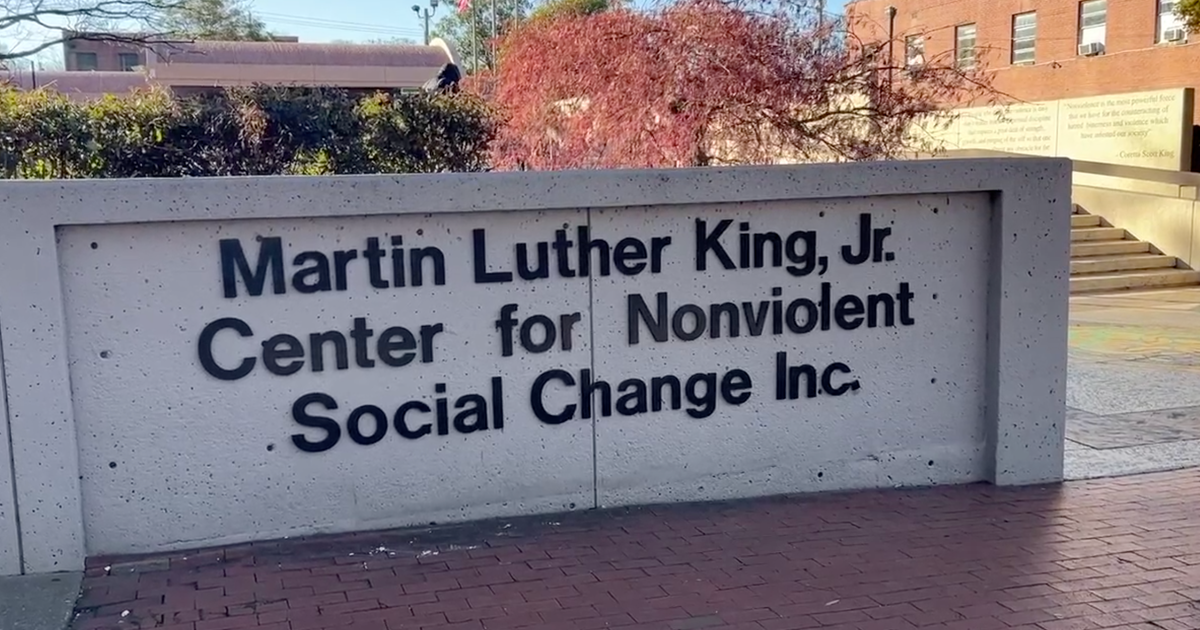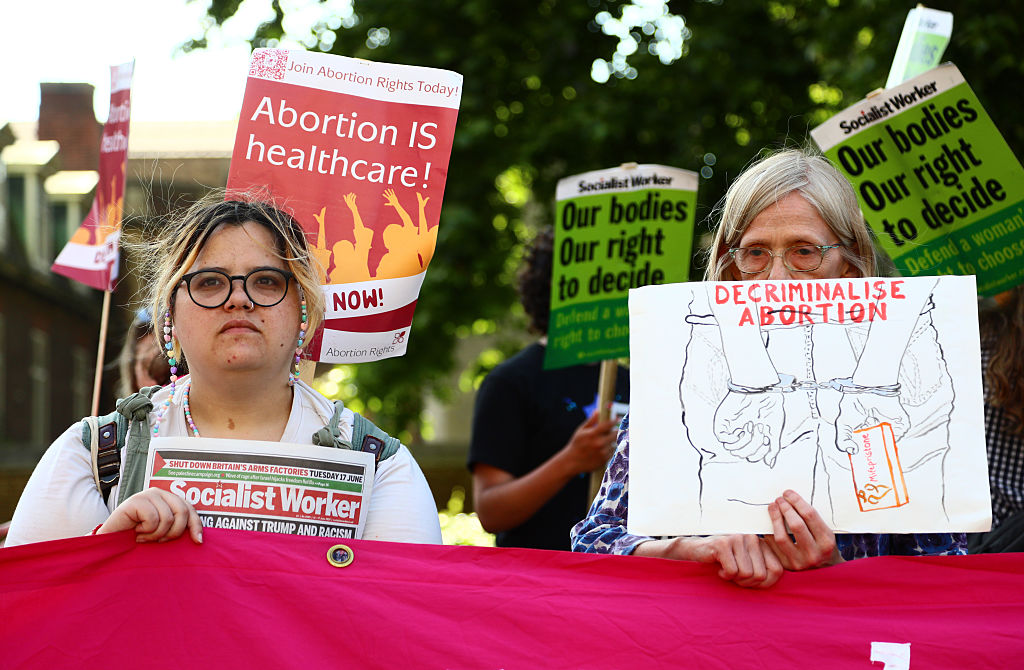Louisiana may owe abortion clinics' lawyers $8.6 million
Louisiana's taxpayers could be forced to pay nearly $9 million in legal expenses after the state's failed effort to enforce a 2014 abortion law, which the Supreme Court blocked last summer. The law in question was nearly identical to a Texas abortion regulation that was struck down by the high court in 2016.
The Center for Reproductive Rights on Monday evening filed a request for $8,407,418.83 in attorneys fees and $246,929.35 in "nontaxable expenses," amounts that the law firm incurred fighting Louisiana's Act 620, the "Unsafe Abortion Protection Act." The law would have required doctors who provide abortions to obtain admitting privileges at a hospital no more than 30 miles away, and had it gone into effect, all three of the state's facilities that offer abortion services would have been forced to stop providing the procedure.
In June, the Supreme Court struck down the law on a 5 to 4 vote. Because the Center for Reproductive Rights prevailed, the New York-based group is allowed to recover costs associated with the case. Louisiana's Office of the Attorney General has until April 12 to file its response.
"Louisiana has spent immense resources and taxpayer money on this six-year Court battle," said Julie Rikelman, an attorney at the Center for Reproductive Rights who challenged the Louisiana law. "This time and money should be spent on real issues in Louisiana, like addressing the state's maternal mortality crisis or the impacts of the COVID pandemic."
A spokesperson for the Louisiana attorney general did not return an email requesting comment.
Louisiana has "below-average wealth" and a worse financial profile than most other states, according to Moody's Investor Services. As of 2018, the state had the highest poverty rate in the country, according to the financial ratings company.
The law at the center of the case — known as June Medical Services v. Russo — was nearly identical to a 2013 Texas law that was struck down by the U.S. Supreme Court in 2016. Texas taxpayers were on the hook for $2.5 million in legal fees to cover the Center for Reproductive Rights' costs in that case, as well as about $1 million in costs incurred by the Texas attorney general's office to defend the law. The Center for Reproductive Rights originally asked for $4.5 million to cover its costs in the Texas case.
In writing the opinion for the four liberals voting to strike down Louisiana's law, Justice Stephen G. Breyer said the measure was "almost word-for-word identical" to the 2013 Texas law.
Chief Justice John Roberts joined the liberal voting bloc, but wrote his own separate opinion that did not adopt Breyer's reasoning and confirmed his belief that the Texas case was wrongly decided in 2016.
"The Louisiana law imposes a burden on access to abortion just as severe as that imposed by the Texas law, for the same reasons," Roberts wrote. "Therefore Louisiana's law cannot stand under our precedents."





